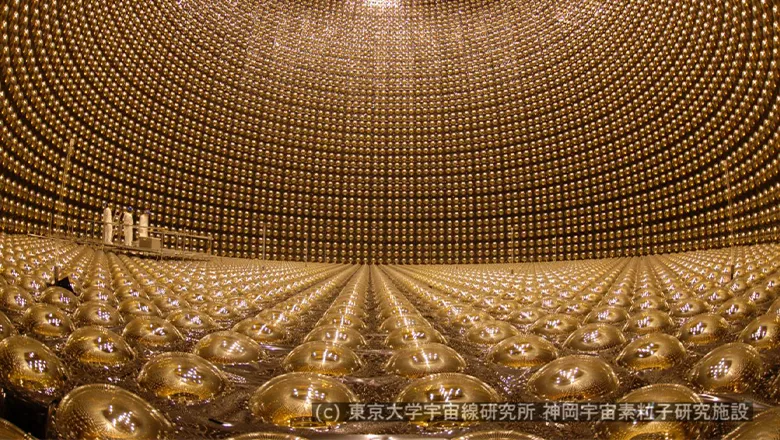I am very excited to win this prize; not just for myself but for the hundreds of amazing colleagues around the world who are working hard to make Hyper-Kamiokande successful!
Dr Jost Migenda
19 April 2021
King's physicist Dr Jost Migenda awarded Institute of Physics Astroparticle Physics Thesis Prize
Jost has been awarded this prize for their PhD thesis studying the explosion mechanism of supernovae.

The life of a massive stars (of at least eight solar masses) ends in a giant explosion called a supernova. In addition to being some of the most energetic events in the universe, supernovae produce many elements necessary for life – such as oxygen and calcium. However, scientists still do not know how the explosions happen.
Jost’s research focuses on elementary particles called neutrinos, which have very weak interactions and can escape from the centre of an exploding star. The winning thesis, ‘Supernova Model Discrimination with Hyper-Kamiokande’, shows that a next-generation neutrino detector called Hyper-Kamiokande would be able to identify different explosion models; so that when the next supernova happens anywhere in our Milky Way, we can learn about what happens during the explosion and identify which model best describes what’s actually happening in nature.
At King’s, Jost is a Research Associate in the Experimental Particle & Astroparticle Physics group. Commenting on receipt of the award, they said:

